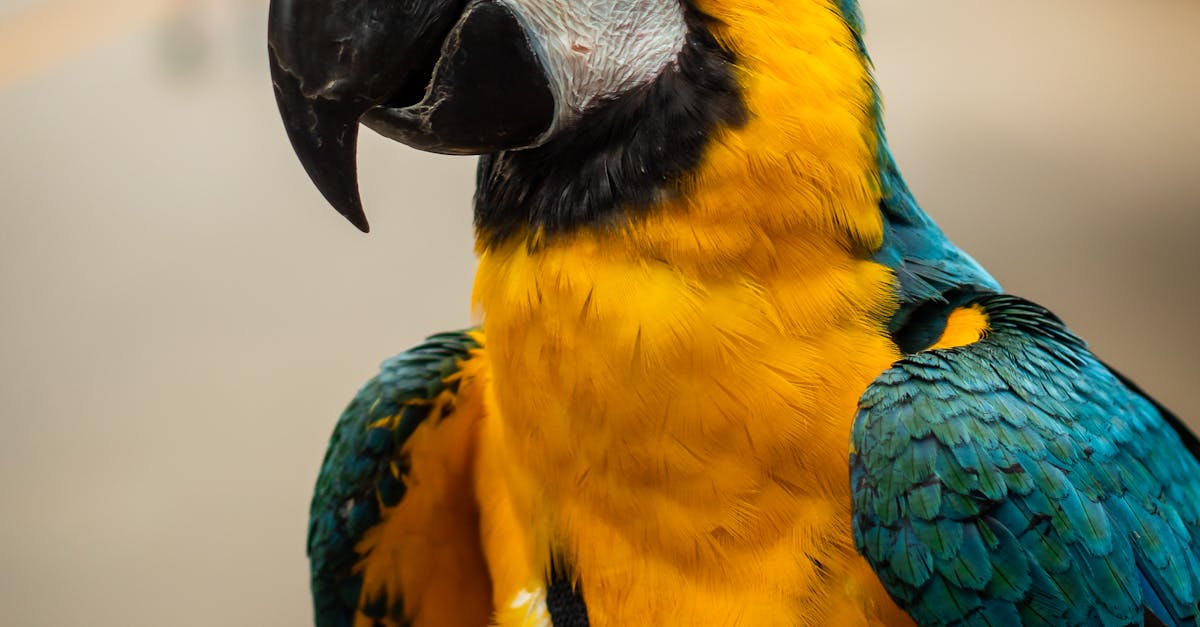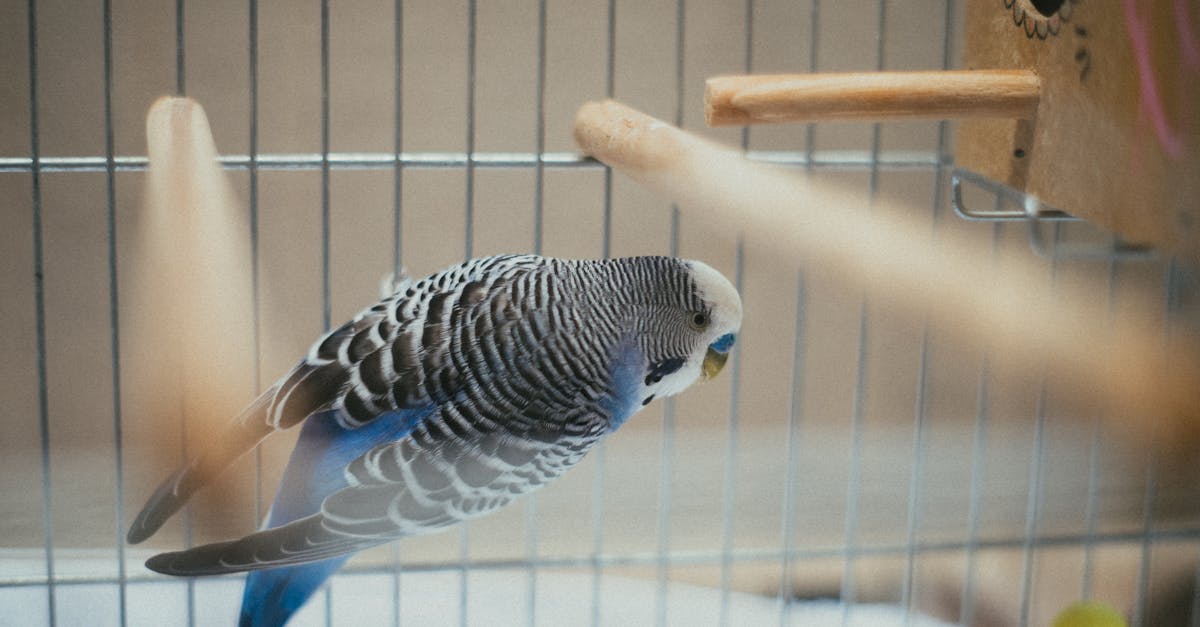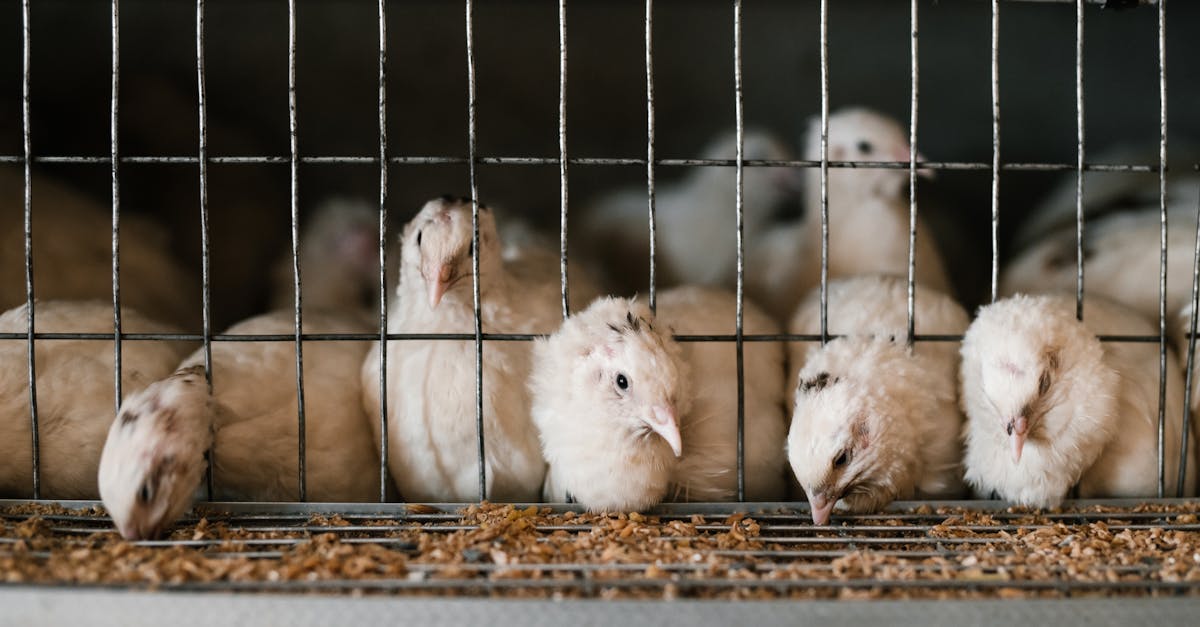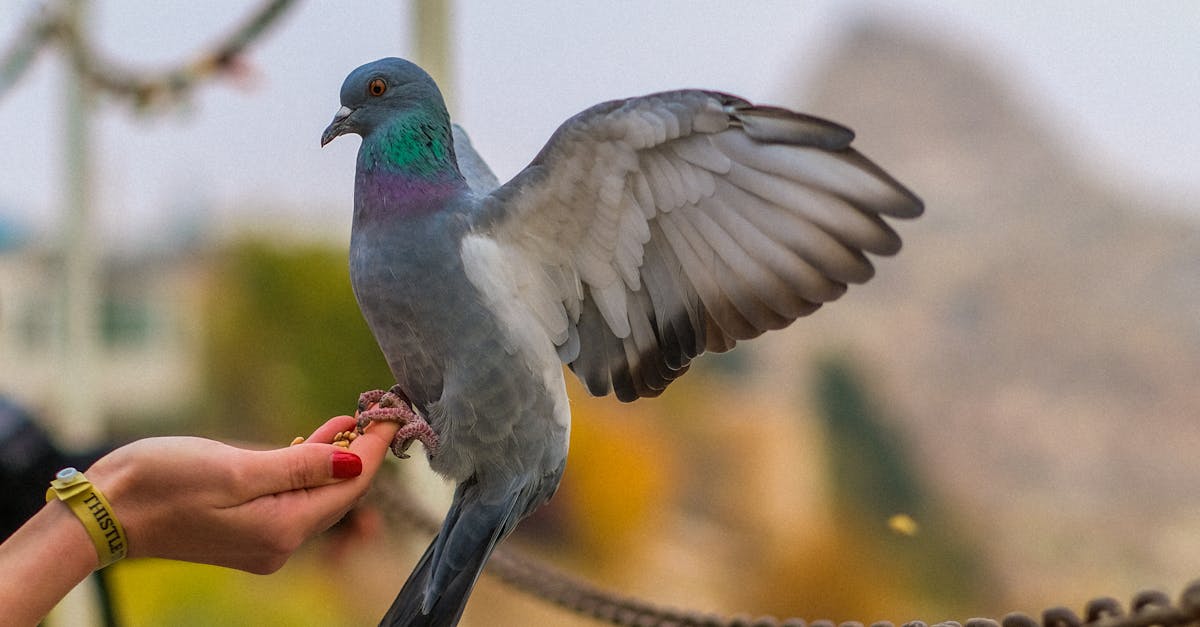Discovering the Joy of Bird Ownership 🐦
As someone who has always been fascinated by our feathered friends, I never quite imagined the sheer joy and companionship that owning a bird could bring. Picture this: a sunny morning, the melodic chirping of your pet bird filling the room with a sense of serenity. It’s a scene that, from my point of view, is nothing short of magical.
Interestingly enough, the journey of becoming a bird owner is filled with surprises and learning curves. Let me tell you, the reality is that birds, much like any other pets, require a specific set of supplies to ensure their well-being and happiness. If you ask me, understanding these essentials is crucial for any bird owner.
Why This Matters
It’s common knowledge that pets enrich our lives in countless ways. But, ever wonder why birds, in particular, make such delightful companions? Studies show that bird owners often experience reduced stress levels and increased mental well-being. However, to truly reap these benefits, it’s vital to provide your bird with the right environment and care.
In my opinion, knowing what supplies to have on hand can make a significant difference in your bird’s health and happiness. So, let’s dive into the essential supplies every bird owner should consider.
The Perfect Home: Cages and Perches
Choosing the Right Cage
The first and most crucial element of bird ownership is providing a safe and comfortable home for your pet. Personally, I’ve found that selecting the right cage is paramount. The size, material, and design of the cage can significantly impact your bird’s quality of life.
- Size Matters: Birds need ample space to fly and move around. A small cage can lead to stress and health issues. As a rule of thumb, the bigger, the better.
- Material: Opt for stainless steel or powder-coated cages. These materials are durable and safe for birds.
- Design: Ensure the cage has horizontal bars for climbing and multiple doors for easy access.
Perches: More Than Just a Place to Sit
What’s fascinating is how vital perches are to a bird’s daily life. They’re not just for sitting; they help with exercise, beak maintenance, and even mental stimulation.
- Variety: Provide perches of different diameters and textures to keep your bird’s feet healthy.
- Placement: Position perches at various heights and locations within the cage to encourage movement.
- Materials: Natural wood perches are ideal, but avoid those treated with chemicals.
Feeding Time: Nutrition and Water Supplies
High-Quality Bird Food
The truth is, a bird’s diet is more complex than one might think. I’ve come to realize that providing a balanced diet is essential for their health and longevity.
- Pellets: These should make up the bulk of your bird’s diet. They’re formulated to provide all necessary nutrients.
- Seeds: While birds love seeds, they should be given in moderation due to their high-fat content.
- Fresh Produce: Incorporate fruits and vegetables to add variety and essential vitamins.
Water: The Lifeblood of Your Bird
It’s funny how we often overlook the importance of clean water. Birds need fresh water daily, and interestingly enough, they also enjoy bathing in it.
- Water Dispensers: Use a water bottle to keep the water clean and prevent contamination.
- Bird Baths: Provide a shallow dish for your bird to bathe in. It’s not only refreshing but also essential for feather maintenance.
Entertainment and Enrichment: Toys and Activities
The Importance of Toys
What’s surprising is how much birds love to play. Toys are not just for fun; they’re crucial for mental stimulation and physical exercise.
- Variety: Offer different types of toys, such as foraging toys, chew toys, and interactive toys.
- Safety: Ensure toys are made of bird-safe materials and are free from small parts that could be ingested.
- Rotation: Rotate toys regularly to keep your bird engaged and prevent boredom.
Activities and Social Interaction
From what I’ve seen, birds thrive on interaction. They’re social creatures that need daily engagement to stay happy.
- Training: Spend time teaching your bird tricks and commands. It’s a great way to bond and stimulate their mind.
- Out-of-Cage Time: Allow your bird to explore outside the cage in a safe, supervised environment.
- Companionship: If possible, consider getting a second bird. They can keep each other company when you’re not around.
Health and Hygiene: Keeping Your Bird Fit
Regular Vet Visits
I’d never have guessed how important regular vet check-ups are until something surprising happened with my own bird. A routine visit revealed a minor health issue that could have escalated if left unchecked.
- Annual Check-Ups: Schedule annual vet visits to monitor your bird’s health.
- Emergency Care: Know the signs of common bird illnesses and have a plan for emergency care.
Cleanliness: A Healthy Environment
Ever wonder why birds preen so much? Cleanliness is vital for their health, and as an owner, it’s your responsibility to maintain a clean environment.
- Cage Cleaning: Clean the cage thoroughly at least once a week. Remove droppings, uneaten food, and debris daily.
- Perch and Toy Cleaning: Wash perches and toys regularly to prevent the buildup of bacteria.
- Grooming: Regularly trim your bird’s nails and beak if necessary. Consult your vet for guidance.
A Personal Touch: Bonding with Your Bird
Building Trust
Speaking from experience, building a bond with your bird takes time and patience. But let me tell you, it’s incredibly rewarding.
- Consistency: Spend time with your bird daily. Consistency helps build trust.
- Positive Reinforcement: Use treats and praise to encourage positive behaviour.
- Patience: Never force interaction. Allow your bird to come to you at their own pace.
Understanding Behaviour
The thing is, birds communicate through their behaviour. I’ve noticed that understanding these cues is key to a happy relationship.
- Body Language: Learn to read your bird’s body language. Signs of stress or discomfort should be addressed promptly.
- Vocalizations: Birds use different sounds to communicate. Familiarize yourself with these to better understand your bird’s needs.
- Routine: Birds thrive on routine. Establish a daily schedule for feeding, playtime, and rest.
Wrapping Up: Your Bird’s Happiness is in Your Hands
Now that I think about it, owning a bird is a journey filled with learning and joy. It hit me that the more effort you put into understanding and meeting your bird’s needs, the more rewarding the experience becomes.
In my opinion, the essential supplies for bird owners go beyond just the physical items. It’s about creating a nurturing environment where your bird can thrive. If I had to guess, I’d say that the bond you’ll form with your feathered friend will be one of the most fulfilling aspects of your life.
So, let’s dive into this wonderful journey of bird ownership with enthusiasm and dedication. Your bird’s happiness is in your hands, and with the right supplies and care, you’re well on your way to becoming the best bird parent you can be.
Remember, the key to a happy bird is a well-prepared owner. Now you know the essentials, it’s time to put this knowledge into action. Here’s to many joyful moments with your beloved pet bird! 🐦✨










